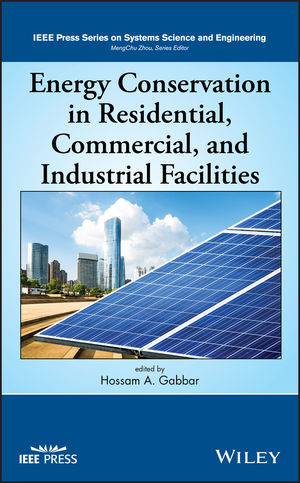Beware of "Yes" Men
While more is being expected from facility managers, the duties (and opportunities) related to energy cost-control have concurrently become more complicated. On top of the standard utility issues, a myriad of new options must now be examined such as real-time pricing rates, experimental rates, and electric rates that float with a power exchange; competitive gas pricing; interval data analysis and load profiling; improved submetering options; outsourcing utility billing; and joining aggregation groups.
How can a facility manager streamline this process? At first glance, a supplier or vendor who has a can-do attitude may seem like the answer to your dream - an organization that can provide your electricity, gas, payment of utility bills, energy accounting services, and energy efficiency services. However, in terms of your bottom line, a supplier or vendor who is willing to say "can't do that" may surprisingly be your best option after all.
Focus, Focus, Focus
Leading energy services companies and energy marketers are also finding that concentrating on a core business can be best for both the customer and supplier. "Some suppliers may say 'Yes, we can do that' regarding any energy-related option a customer requests, but it's not always their core competency," says Carrie Lemelin, account manager for Select Energy (Berlin, CT). "By focusing on our core competency of electricity supply at Select Energy, we have earned credibility in the marketplace."And sometimes that credibility has been earned by saying "can't do that" to customers.
"In cases where it isn't in the best interest for customers to switch from the regulated utility to our competitive electricity supply, we say so," says Lemelin. "In Massachusetts, we advised some of our current customers against switching specific facilities to any competitive electric supply. In keeping their best interests in mind, we are building credibility and relationships." IGS, a leading gas marketer in Ohio, concurs with this philosophy.
"There have been times when a customer with facilities throughout the country will ask IGS to supply all of its facilities," says Kraig Lotter, regional marketing manager at IGS. "Many customers do not realize that each gas utility sets up its own natural gas rules and/or regulations, and consequently, these rules and/or regulations are very different. These rules and/or regulations are constantly changing, and thus need constant monitoring. IGS was formed in Ohio and have focused on business primarily located in Ohio; as a result, IGS has become one of the largest and most reputable natural gas suppliers in the state."
"We at IGS understand our limitations and we realize we cannot be all things to all people. Sometimes that means turning down potential new business, especially if that business is outside of Ohio. IGS, as part of our standard service, will help the customer find a supplier rather than serve him directly if we are unable to provide the long-term value that the customer deserves."
Mind The Bottom Line
The following are some points to consider when evaluating suppliers and vendors. Don't dismiss the idea of working with a particular supplier or vendor because they are unwilling to fulfill all of your energy-related needs. Some suppliers and vendors that are focusing on their core competencies are typically not only attractive based on cost, but also excel at customer service and value-added services related to their specific expertise.Consider hiring an independent energy consultant who can evaluate and quantify your most cost-effective opportunities. With an outside consultant, the "one-stop shopping" concept becomes less important to you as a facility manager because the consultant will be handling all of the multi-tasking headaches.
At the same time, an independent advisor may be able to save you dollars beyond their fees by identifying some unnecessary services that you may have purchased under a packaged approach.
If you are considering a "one-stop shopping" approach with a supplier or vendor, be sure to evaluate what it is going to cost you. If there is an additional cost associated with the service, weigh the importance of convenience against the impact on your bottom line.
In the end, there is no right or wrong answer for your organization when it comes to "one-stop shopping." However, making an educated decision is critical - and a good decision sometimes involves working with an organization that is willing to say, "No, can't do that."


